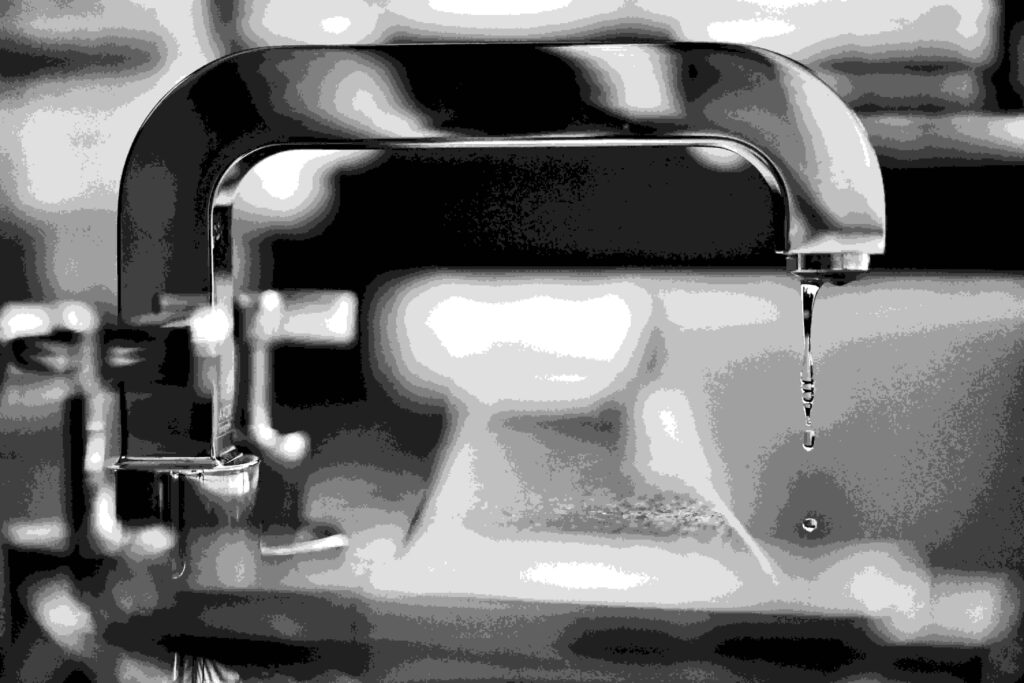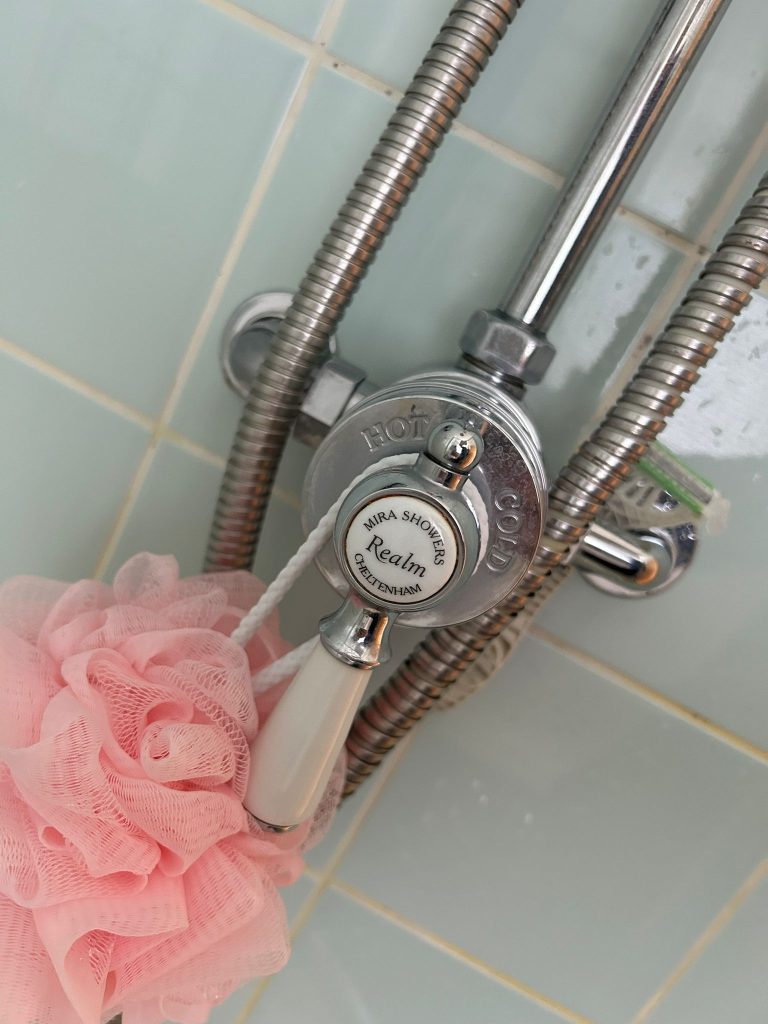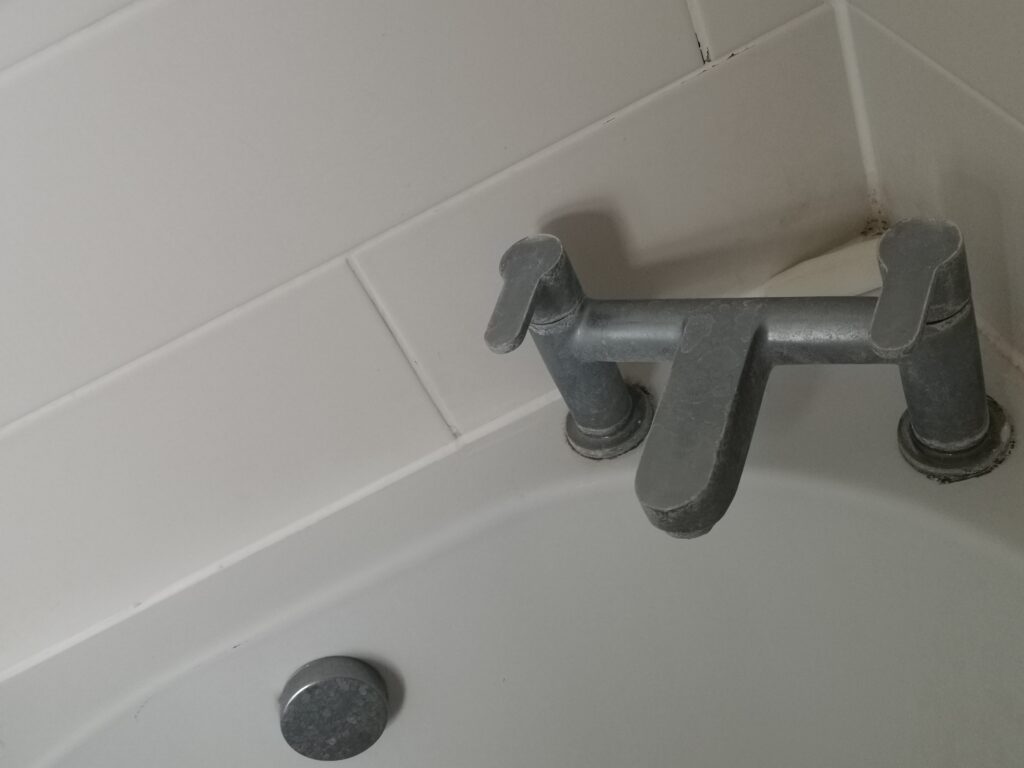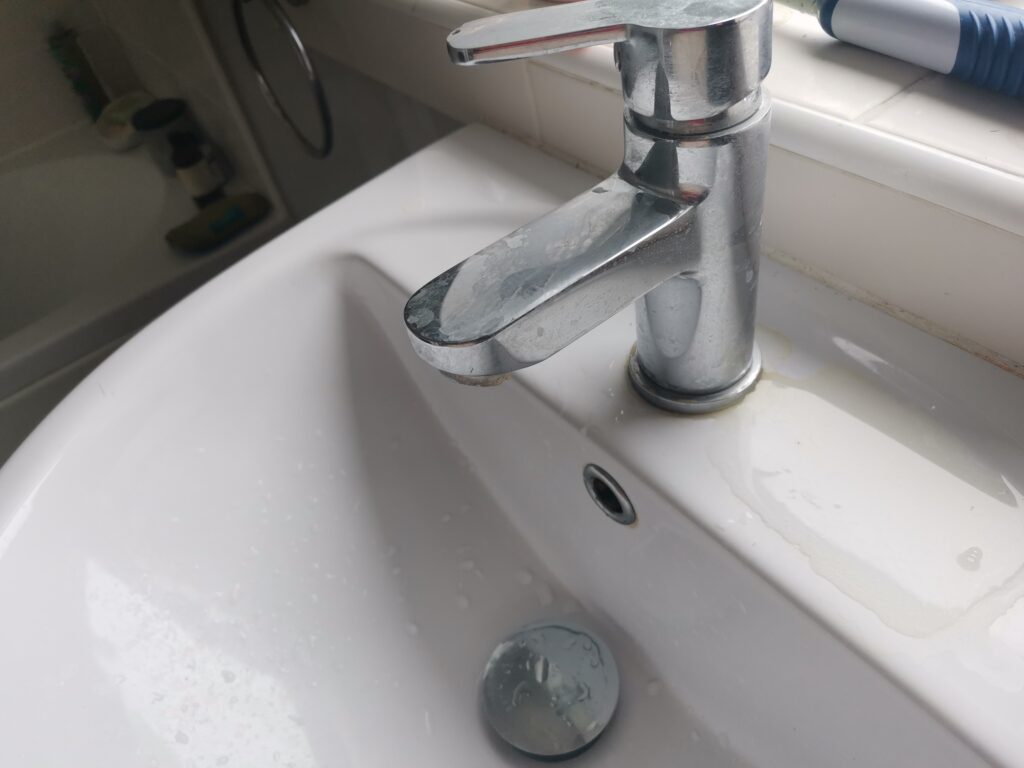Water Smells Like Sulfur? Unveiling the Mystery Behind That Pungent Odor
Water is an essential element of our daily lives, and its quality can significantly impact our health and comfort. However, when your tap water smells like sulfur or rotten eggs, it can be quite perplexing and concerning. In this article, we will delve into the plumber reasons behind that unpleasant odor and explore potential solutions to ensure your water is clean, safe, and odor-free.

Understanding the Pungent Smell (Water Smells Like Sulfur)
Before we dive into the causes, let’s understand the nature of the sulfur smell in your water. The distinctive odor is often described as resembling the smell of rotten eggs or a swampy, sulfurous stench. This unpleasant smell can be a major turn-off, making you hesitant to use or drink the water. But fear not, as we’re here to shed light on this issue.
Why Does My Water Smell Like Sulfur?
Presence of Hydrogen Sulfide Gas
The most common reason for sulfur-smelling water is the presence of hydrogen sulfide gas (H2S) in your water supply. This gas is produced by certain types of bacteria that thrive in oxygen-depleted environments, such as deep wells or plumbing systems.
Read this if your toilet gurgles when flushed.
High Sulfur Content in the Groundwater

In some cases, the sulfur smell may be attributed to naturally occurring high levels of sulfur compounds in the groundwater. When the water is pumped to the surface, these compounds can release the characteristic odor.
Chemical Reactions in the Plumbing System
Chemical reactions between the water and plumber materials can also lead to a sulfur-like odor. For instance, if your plumbing contains magnesium or aluminum, it can react with the water and produce hydrogen sulfide gas.
You Might Have Water Heater Issues When Your Water Smells Like Sulfur
A malfunctioning water heater can be another culprit. If your water heater’s anode rod has corroded, it can produce hydrogen sulfide gas when it interacts with the water, resulting in that unpleasant smell.
Well Water Contamination
If you rely on well water, contaminants or bacterial growth within the well can introduce sulfur compounds into your water supply.

Understanding Groundwater Contamination
What is Groundwater?
Groundwater is the water found beneath the Earth’s surface, filling the pores and cracks in soil, sand, and rock. It is a crucial source of drinking water for many communities.
Common Contaminants in Groundwater
Groundwater can become contaminated by various substances, including agricultural chemicals, industrial waste, and natural minerals. Contaminants like sulfur, nitrates, and heavy metals can significantly impact water quality.
Effects of High Sulfur Content in Groundwater
High sulfur levels in groundwater are typically caused by the natural breakdown of organic materials or the presence of sulfide minerals. This contamination can lead to unpleasant tastes and smells, as well as potential health risks.

High Sulfur Content in Groundwater
Causes of High Sulfur Levels
Sulfur contamination often originates from the decomposition of organic matter or the presence of sulfate-reducing bacteria. Industrial pollution and mining activities can also contribute to elevated sulfur levels in groundwater.
Signs of Sulfur Contamination
The most noticeable signs of sulfur contamination include a rotten egg smell, a metallic taste, and discolouration in water. These indicators can affect not only the water you drink but also the water used for bathing and cleaning.
Health Implications of Sulfur in Water
While low levels of sulfur are generally not harmful, high concentrations can cause gastrointestinal issues and other health problems, particularly for individuals with sensitivities or existing health conditions.

How to Address the Issue
Now that we’ve identified the potential causes, let’s discuss how to tackle the problem of sulfur-smelling water:
1. Regular Maintenance
- Ensure routine maintenance of your plumbing system and water heater to prevent chemical reactions that lead to odor.
2. Bacterial Treatment
- If bacteria are the culprits, consider shock chlorination or introducing chlorine tablets into your well to disinfect and eliminate the odor.

3. Water Filtration
- Invest in a water filtration system, such as activated carbon or oxidizing filters, to remove sulfur compounds and other contaminants.
4. Consult a Professional
- When in doubt, consult a professional plumber or water specialist who can diagnose the issue and recommend tailored solutions.
The mystery behind why your water smells like sulfur can usually be traced back to the presence of hydrogen sulfide gas, high sulfur content in the groundwater, chemical reactions, water heater problems, or well water contamination. To enjoy clean and odor-free water, consider regular maintenance, bacterial treatment, water filtration, or consulting a professional Bristol plumber. Don’t let the smell of sulfur disrupt your water quality any longer; take action today to ensure your water is fresh and safe.
FAQs When Water Smells Like Sulfur

Can sulfur-smelling water be harmful to my health?
- Generally, the sulfur smell in water is not harmful, but it can be unpleasant. However, if the odor is accompanied by other water quality issues, it’s essential to have your water tested.
How can I test my water for sulfur contamination?
- You can purchase water testing kits or hire a professional to test your water for sulfur and other contaminants.
Is it safe to consume water that smells like sulfur?
- While the smell itself is not harmful, it can affect the taste of your water. Using a water filtration system can improve the taste and odor.

Will a water softener help with sulfur-smelling water?
- Water softeners primarily address hard water issues, not sulfur odors. You may need additional filtration or treatment methods.
Can I fix the issue myself, or should I call a professional?
- Simple maintenance tasks can be done by homeowners, but if the problem persists or you’re unsure of the cause, it’s advisable to consult a professional plumber or water specialist.
What are the symptoms of sulfur contamination in water?
- Sulfur contamination typically manifests as a rotten egg smell, metallic taste, and discolouration in the water. These symptoms can affect both drinking water and water used for household tasks.
